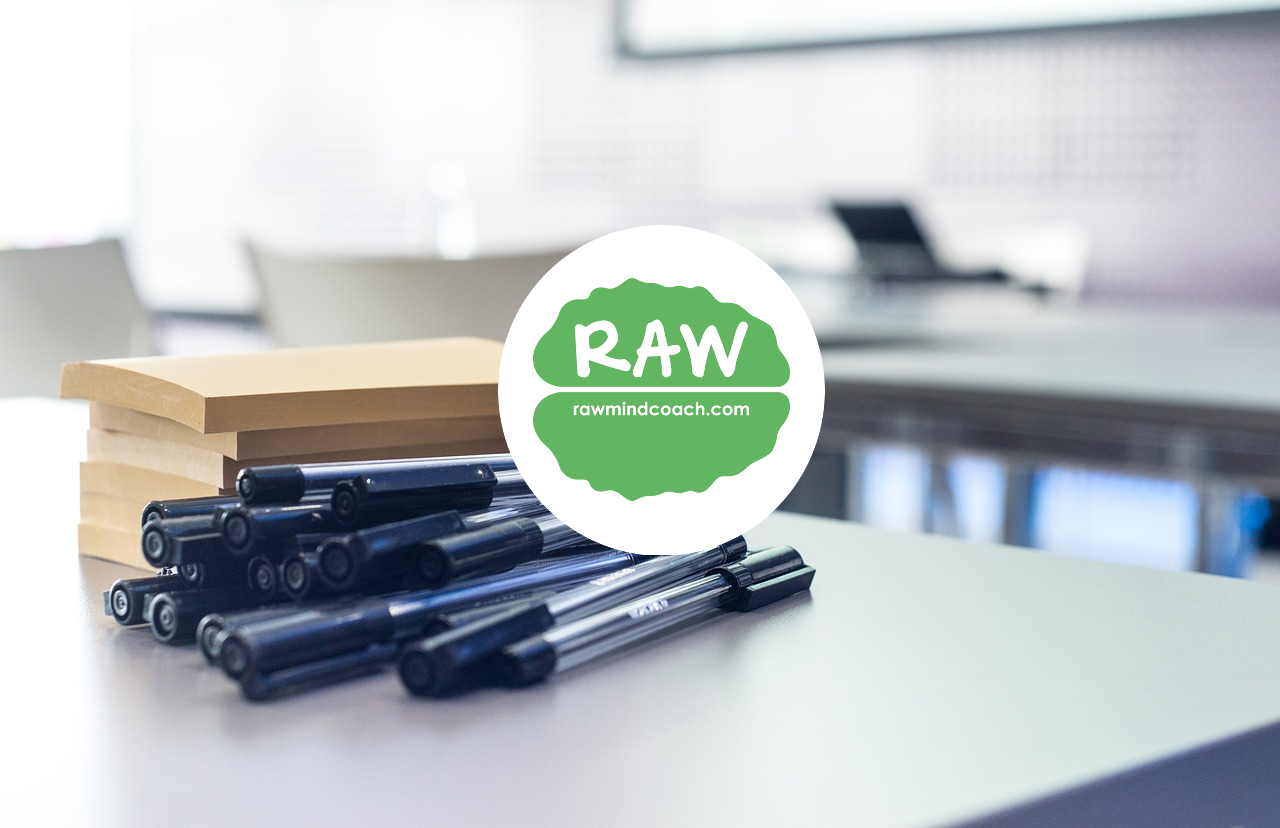BYO Pens? This cost cutter could make a real difference

The infamously thrifty CEO of Ryanair, Michael O’Leary expects all his executives to bring their own pens to work. He steals his own pens from cheap hotels and encourages others to do the same. While most may regard O’Leary as a mean, miserable, miser, many CEO’s see O’Leary as a business visionary with a sure-fire model for success.
Often, when a new CEO is appointed, their first action is to review the balance sheet and closely examine all the line items where a precious few cents might be saved. Suddenly there are no biscuits to go with your tea, the toilet paper is a little scratchier and you are doing the work of two people, because your direct manager has been retrenched to deliver something euphemistically described as an “efficiency dividend”.
But what if there were better savings that could be made? Poor workplace mental health costs most organisations an incredible amount, yet because it’s not a simple line item, it’s often overlooked. The huge costs are hidden in a variety of ways.
The biggest hidden cost is presenteeism. Presenteeism decreases productivity, with employees turning up but being unable to perform their roles at full capacity. They may be less productive, less motivated, less focused, less creative or more accident prone. Absenteeism is another large cost, although because of stigma it’s hard to quantify. Many employees still prefer to ring in sick with an ‘upset stomach’ or a ‘migraine’, rather than state that they are experiencing a mental health issue. Turnover can also be a substantial unquantified cost, with many valuable employees choosing to leave their roles, rather than continuing to struggle in a workplace environment that is not conducive to good mental health.
Workers’ compensation claims are one of the few areas where organisations can see the costs directly – and often they are very high. Psychological injury is now the biggest cause of workers’ compensation claims and once employees go off work it can often be a long, expensive road before they return.
The good news for businesses is that most mental health conditions are preventable and being proactive has huge benefits. A recent report by Price Waterhouse Coopers and Beyond Blue, shows effective workplace mental health programs return $2.30 for every dollar spent. With that sort of windfall, your organisation might just be able to keep that stationery cupboard fully stocked with biros.
Being proactive about mental health not only makes incredibly good financial sense, it’s also the decent, responsible, moral thing to do. We no longer send builders up skyscrapers without safety harnesses or fisherman out to sea without life jackets, but still we are sending people to do a whole range of psychologically challenging jobs, completely unequipped. Right now, around 1 in 6 workers are experiencing a mental condition and around half of all workers will do so at some point during their working life.
Good mental health programs will equip your workers with the skills to cope more effectively in challenging situations and know what to do during times of high stress. They can also reduce stigma, encourage help-seeking behaviour and give workers the feeling that their employer really does care about them.
Should you ever find yourself in a position where you need to cut costs for an organisation, we have one simple request. Please, don’t downgrade to scratchy loo paper – instead upgrade to better mental health!
Want to improve mental health in your workplace? At Mindarma we make it affordable to make a real difference. Contact us now to find out more.